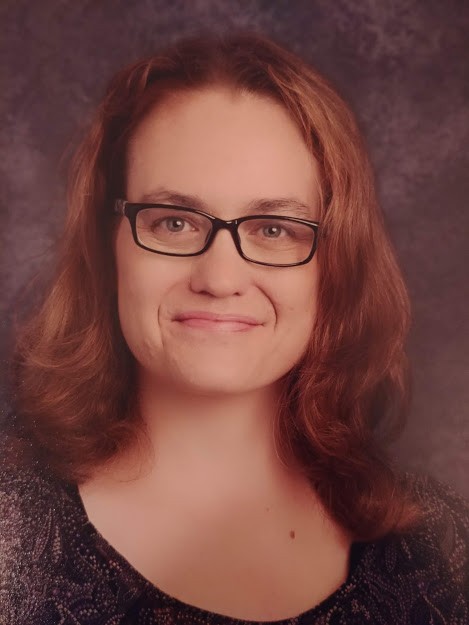Awndrea Caves, a University of Arizona alumna, will be joining the faculty at the College of Humanities as a lecturer of Africana studies in fall 2019. Caves spoke with the Daily Wildcat about her background, hobbies and teaching style.
Daily Wildcat: What made you want to teach for Africana Studies?
Awndrea Caves: Well, I earned my Ph.D. in English from the English department at UA in 2017, and while I was there, I was a graduate grader and then became an adjunct for Africana Studies. So really my association with them began about six years ago, and since I graduated, I’ve been teaching summer and winter online courses with them. And so, when the opportunity came up for a lecture position, I of course applied because I think it’s a wonderful and very supportive department.
DW: What kind of classes have you taught through Africana studies?
AC: Overall, I have a very strong background in teaching writing. I have about 15 years of teaching experience with that at this point. I’ve taught at Pima Community College as an adjunct and I taught in the writing program at the UA.
For Africana Studies, I primarily teach Intro to African American Literature and Intro to Africana Studies. Two courses I enjoy teaching most are the autobiography course for African American women and African American Slave Narratives. My Ph.D. is in minority American women writers of the 20th and 21st century. So African American women writing fits right in there.
DW: What made you come back to the UA to lecture?
AC: Well, actually I got my Ph.D. at the UA. I’m originally from Oklahoma, so Oklahoma, Ohio, then to Arizona. I had a bit of a break in between teaching at UA. I was still teaching online courses, but the last two years I actually taught English and social studies at a charter school. And believe me, that’s very hard.
DW: What does your teaching style look like, both inside and outside of the classroom?
AC: Well, I like my classes to be interactive. Of course, courses always have some sort of lecture component to them, but I want my students to be able to interact as much as they can. I do usually have some sort of group projects, mostly because learning is very collaborative, especially with a background in teaching writing and with a focus on peer review. The concept of collaboration in your work is already important to my teaching pedagogy, so I want my students to interact with each other. I want them to interact with me, and I always try to stress that my students bring a wealth of knowledge to the classroom already. I’m there to bring them new knowledge and then we can collaborate together. I tried very carefully to make sure that my students feel welcomed so that they can ask questions and come up with new ideas without feeling like they’re going to be shut down if they’re not perfect. You know what I mean?
DW: We did some research online and read that one of your hobbies includes ballroom dancing. Can you talk a little bit more about that and how you got started?
AC: It is very fun. I started when I was working on my Ph.D., and I enjoy ballroom dancing because it’s very artistic. It’s also physical exercise. All of the studies about exercise and elderly people show that ballroom dancing is one of the best for helping people retain their ability to hold memory. That’s just a random aside. It’s something I found out, but I do more traditional ballroom, like Tango and Fox Trot, but then also sleek and Latin dance. Not very much country though, that’s not my favorite.
DW: Are there many opportunities in town to ballroom dance?
AC: Oh yes, definitely. There’s actually a pretty big dancing community in Tucson. There are multiple west coast swing clubs. There is the National Ballroom Dancing group, USA Dance. There’s a monthly dance for that at Armory Park. There are multiple studios, a lot of teachers, because you really want to do it. You can find ways to dance every week. Definitely. That’s, besides if you want to take private lessons.
DW: Do you have any advice you want to give students, who want to pursue a career in Africana studies?
AC: Well, I believe that courses and a wide variety of literature as in cultures are really important, especially as we become a more integrated global community. We really need to learn more than just what our basic history and literature textbooks from high school tell us. It will give us a very flimsy, you have even American literature, not to even mention world literature. And so that’s one reason that the Africana Studies program is so wonderful is, is that you’re really coming to understand the world more specifically and in global ways that you have not even thought of before.
DW: Do you know what classes you are going to teach in the fall?
AC: Yes, I do actually. I know my spring courses as well. I am teaching two sections of Intro to African American Literature and two sections of Intro to Africana Studies. In the spring, I’m teaching those two courses again, but also the slave narrative course and the African American women’s autobiography course.
Follow Pascal on Twitter









